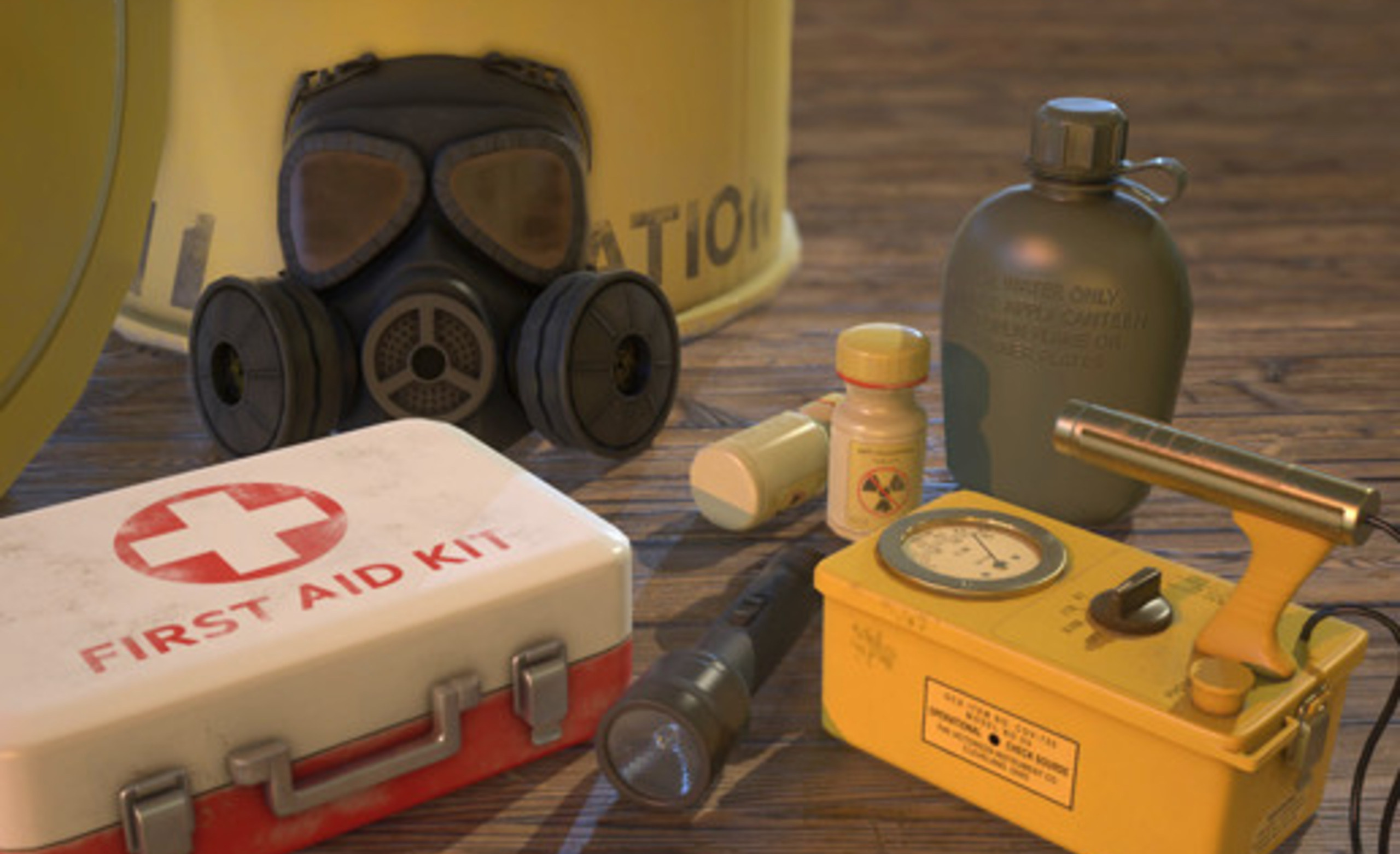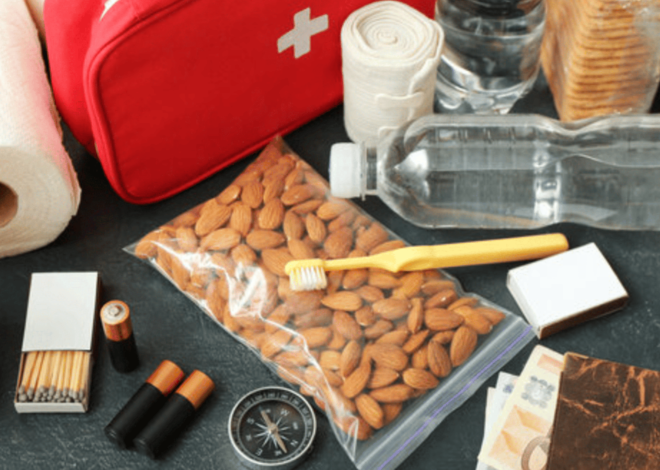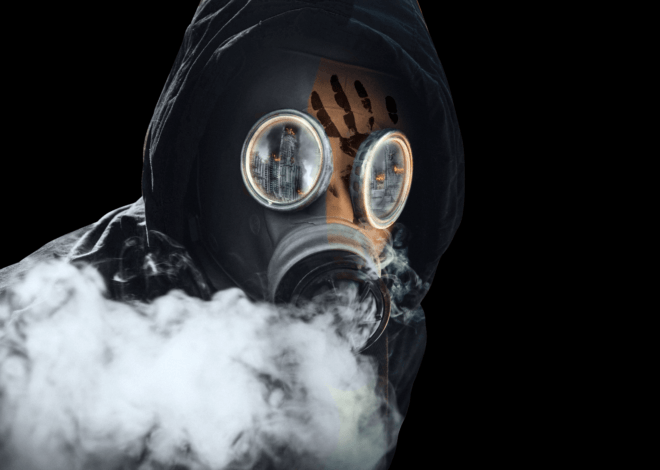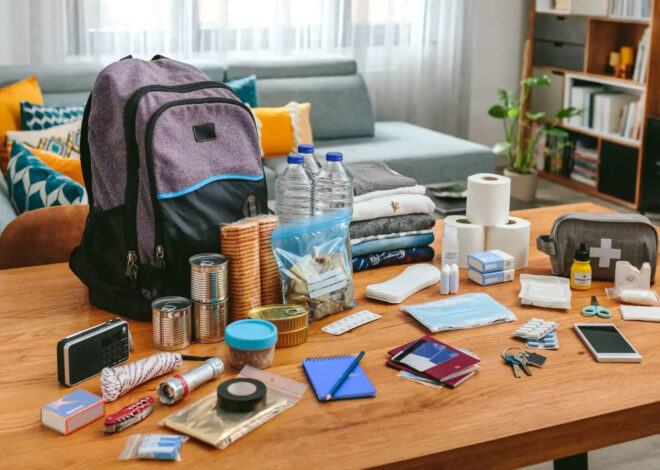
Nuclear Attack Survival Kit
Welcome to our guide on creating your own nuclear attack survival kit – because when it comes to survival, every detail matters. Picture this: a world where the unimaginable becomes a reality.
Nuclear attacks are not just fiction from movies; they are a real threat that we must face head-on. In times of uncertainty, being prepared can make all the difference.
Understanding the Threat Level and Preparedness
In today’s uncertain world, understanding the threat of a nuclear attack is crucial for preparedness. Threat levels can vary based on political tensions, global events, and historical patterns.
It’s essential to stay informed through reliable sources and pay attention to any warnings or alerts issued by authorities. Being aware of potential risks allows you to better assess your level of preparedness.
Preparedness involves having an emergency plan in place, knowing where shelters are located, and being familiar with evacuation routes. It also includes stockpiling essential supplies like food, water, medications, and a first aid kit.
Stay vigilant and proactive in assessing the current threat level as it can change rapidly. Regularly review your survival kit contents and update them accordingly based on your family’s needs. Remember that being prepared is key to increasing your chances of survival in the event of a nuclear attack.
Essential Items for a Nuclear Attack Survival Kit
In the event of a nuclear attack, having an essential survival kit prepared can make all the difference. Your kit should include important items such as non-perishable food, water, and a first aid kit.
Radiation protection gear like N95 masks and protective clothing should also be included to shield yourself from harmful particles. A battery-powered or hand-crank radio will keep you informed about emergency updates.
Don’t forget to pack essential medications, personal hygiene items, and a flashlight with extra batteries. It’s crucial to have a whistle for signaling for help in case you’re trapped or injured.
Include important documents like identification papers, insurance information, and emergency contacts in waterproof containers. Cash in small denominations can be handy if electronic payment systems are down.
Remember that every survival kit is unique to individual needs; customize yours based on your family size and specific requirements. Being prepared can save lives in critical situations like a nuclear attack.
How to Prepare and Store Your Survival Kit
When it comes to preparing for a nuclear attack, having a well-stocked survival kit can make all the difference. But how do you go about putting together and storing your survival essentials? Let’s break it down.
Start by selecting items like non-perishable food, water, first aid supplies, flashlights, batteries, a radio, and any necessary medications. Remember to customize your kit based on the needs of yourself and your family members.
Next, choose a durable and waterproof container to store your supplies in. Make sure it’s easily accessible in case you need to grab it quickly in an emergency.
Store your survival kit in a cool, dry place that is easily reachable at all times. Consider keeping one at home and another in your car or workplace for added preparedness.
Regularly check expiration dates on food and replace any expired items promptly. Stay organized by creating a checklist of contents so you can keep track of what needs restocking.
Remember: being prepared now can potentially save lives later on if faced with the unexpected.
Evacuation Plan and Emergency Contact Information
In the event of a nuclear attack, having a well-thought-out evacuation plan is crucial. Identify multiple escape routes from your location, considering traffic patterns and potential roadblocks. Familiarize yourself with designated shelters or safe zones in your area.
Ensure that all family members are aware of the evacuation plan and practice it regularly to minimize confusion during high-stress situations. Assign specific roles to each person to streamline the process and increase efficiency.
Compile a list of emergency contact information for family members, friends, local authorities, and medical facilities. Store this information in both digital and physical formats to ensure accessibility even if technology fails.
Designate a meeting point outside of the affected area where you can reunite with loved ones if separated during an evacuation. Communication is key in ensuring everyone’s safety amidst chaos.
Stay updated on emergency alerts through official channels and be ready to adapt your evacuation plan based on evolving circumstances. Remember, preparedness could make all the difference in surviving a nuclear attack scenario.
Additional Tips for Surviving a Nuclear Attack
When it comes to surviving a nuclear attack, being prepared is crucial. In addition to having a well-stocked survival kit, there are some additional tips that can help increase your chances of survival.
One important tip is to have a communication plan in place with your loved ones. In the event of an attack, knowing how to reach each other and where to meet up can be vital for safety and reassurance.
It’s also essential to stay informed about potential threats and emergency protocols in your area. Being aware of warning signals and evacuation procedures can make all the difference during a crisis.
Furthermore, having a designated shelter or safe room within your home can provide added protection from radiation exposure. Make sure this space is stocked with essentials from your survival kit.
Staying calm and following official instructions during a nuclear attack is paramount. Panic can lead to poor decision-making, so maintaining composure is key in such high-stress situations.
Conclusion: Being Prepared for the Worst Case Scenario
Being prepared for a nuclear attack is crucial in today’s uncertain world. By understanding the threat level, assembling an essential survival kit, and having an evacuation plan in place, you can increase your chances of surviving such a catastrophic event.
Remember to stay informed, regularly update your emergency contact information, and practice drills with your family or household members. While we hope that a nuclear attack never occurs, being proactive and ready for any situation is the best approach.
Stay vigilant, stay prepared – because when it comes to something as serious as a nuclear attack, being ready could make all the difference.



